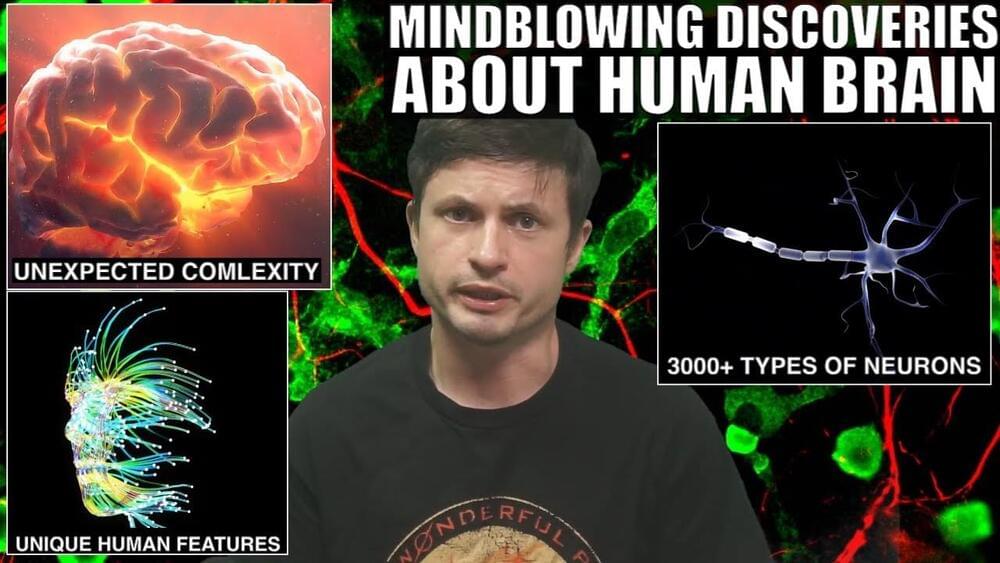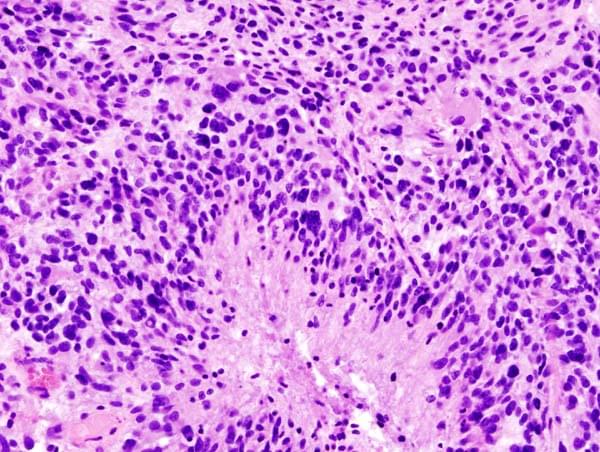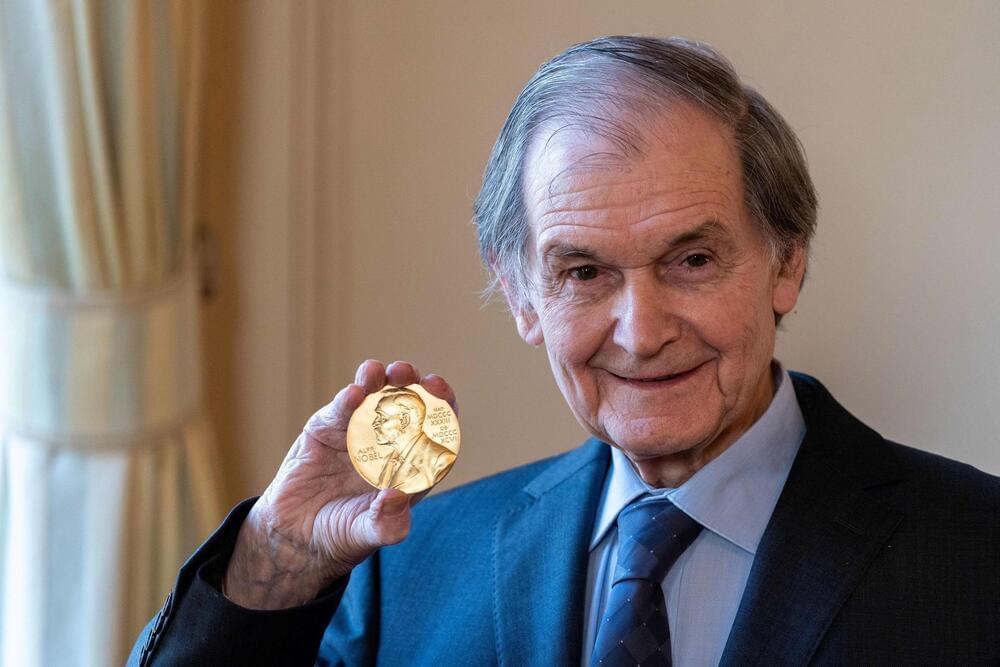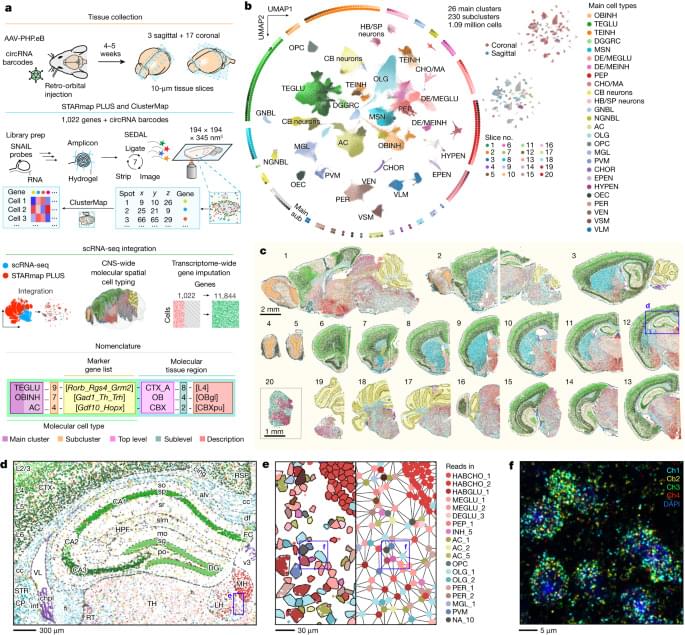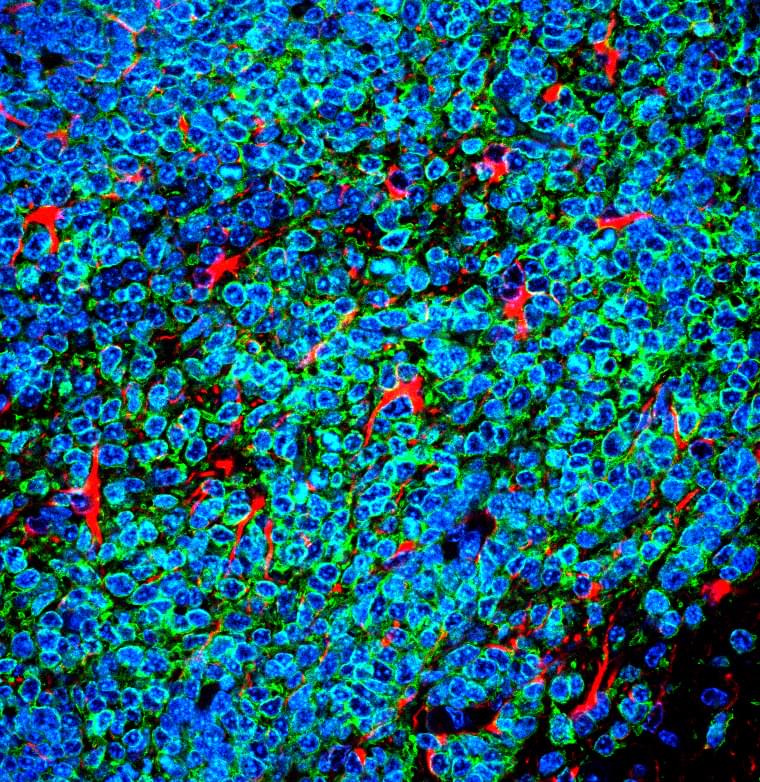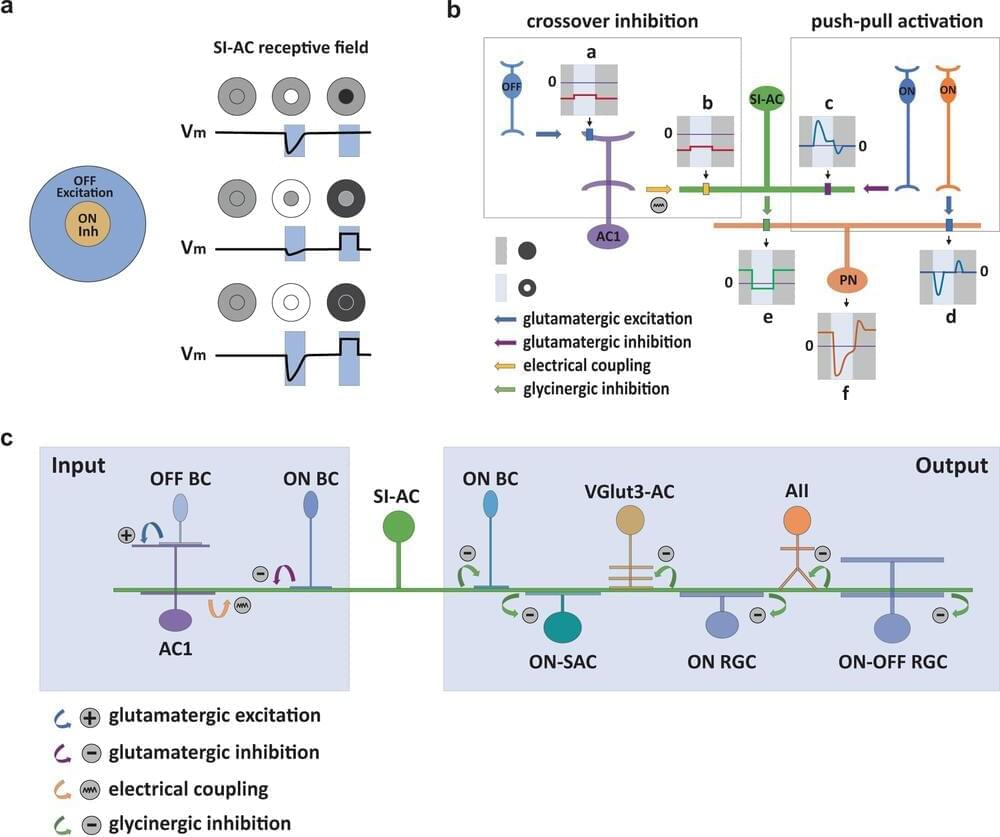Oct 25, 2023
Groundbreaking Discoveries About Human Brain and Neuronal Complexity
Posted by Jose Ruben Rodriguez Fuentes in categories: bitcoin, cryptocurrencies, genetics, neuroscience
Get a Wonderful Person Tee: https://teespring.com/stores/whatdamath.
More cool designs are on Amazon: https://amzn.to/3wDGy2i.
Alternatively, PayPal donations can be sent here: http://paypal.me/whatdamath.
Hello and welcome! My name is Anton and in this video, we will talk about recent discoveries about human brain and various types of neuronal cells.
Links:
https://www.nature.com/articles/d41586-023-03192-2
https://nemoarchive.org/
https://www.science.org/collections/brain-cell-census.
https://www.science.org/doi/10.1126/science.adc8810
https://news.rub.de/english/press-releases/2022-06-0…ir-neurons.
https://www.nature.com/articles/s41559-022-01933-6
https://www.nature.com/articles/s41586-023-06502-w.
https://www.nature.com/articles/s41593-023-01284-w.
https://elifesciences.org/articles/76143
Previous video on major discoveries: https://youtu.be/iGdFh3ENjzc.
More about Neanderthals: https://youtu.be/BvrBl9-TbBs.
#brain #neuron #neuroscience.
Continue reading “Groundbreaking Discoveries About Human Brain and Neuronal Complexity” »
